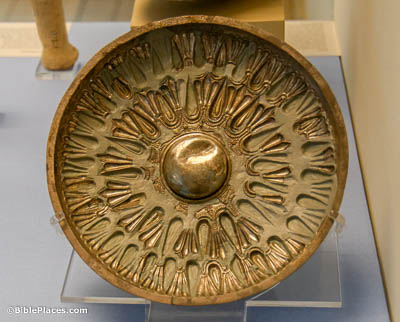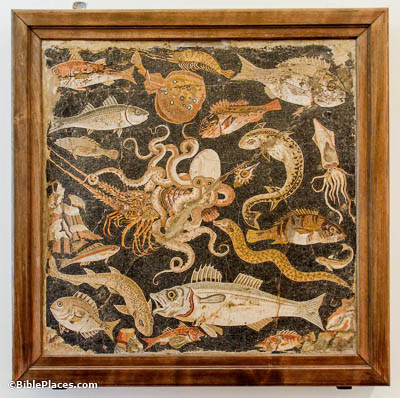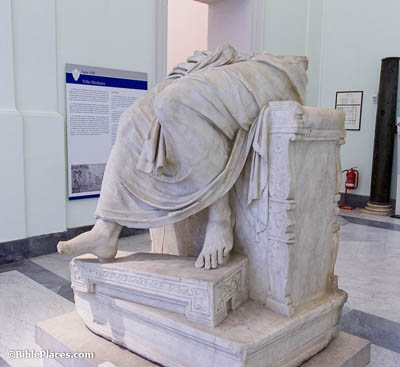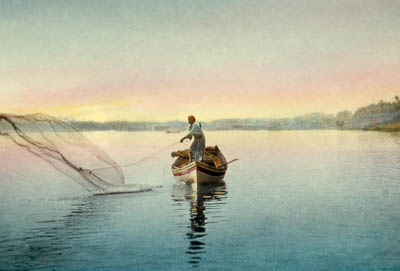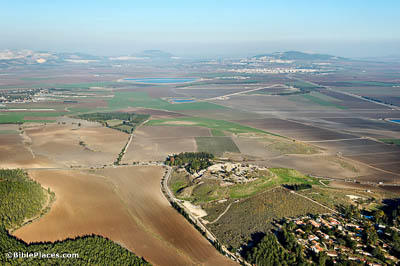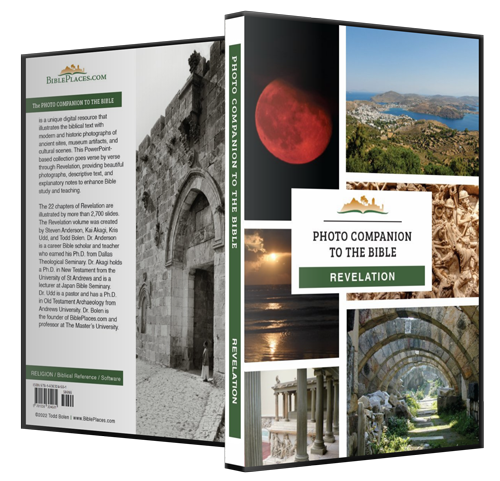Go and pour out the seven bowls of the wrath of God onto the earth (Revelation 16:1).
In Revelation 15:7, each of the seven angels was given a golden bowl (Gk. phialē) full of the wrath of God. The picture seems to be similar to the common practice of the 1st century (and much earlier, and for several centuries afterward) of using a shallow bowl to pour out a libation offering on a burning altar. This silver libation bowl from Ithaka was photographed at the British Museum.
